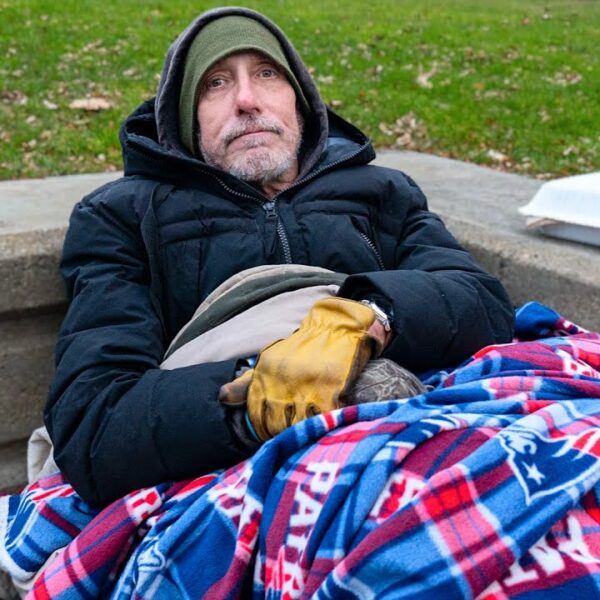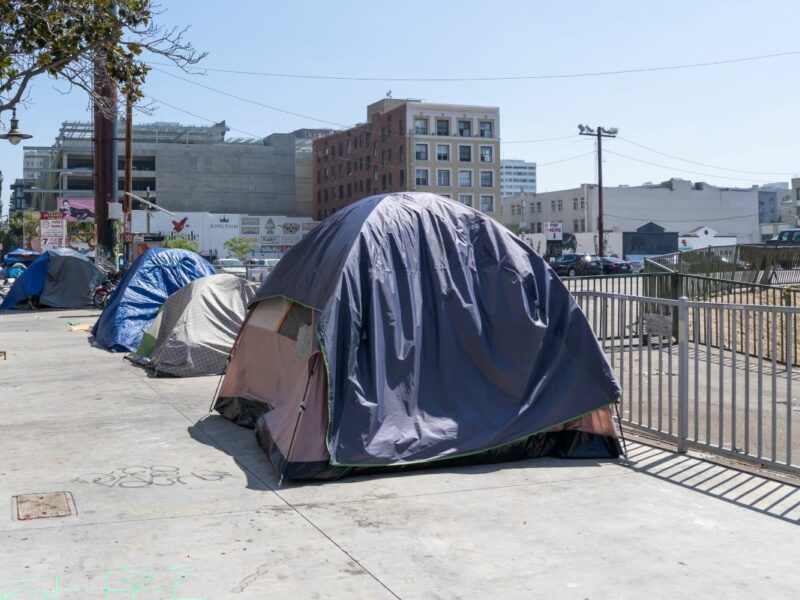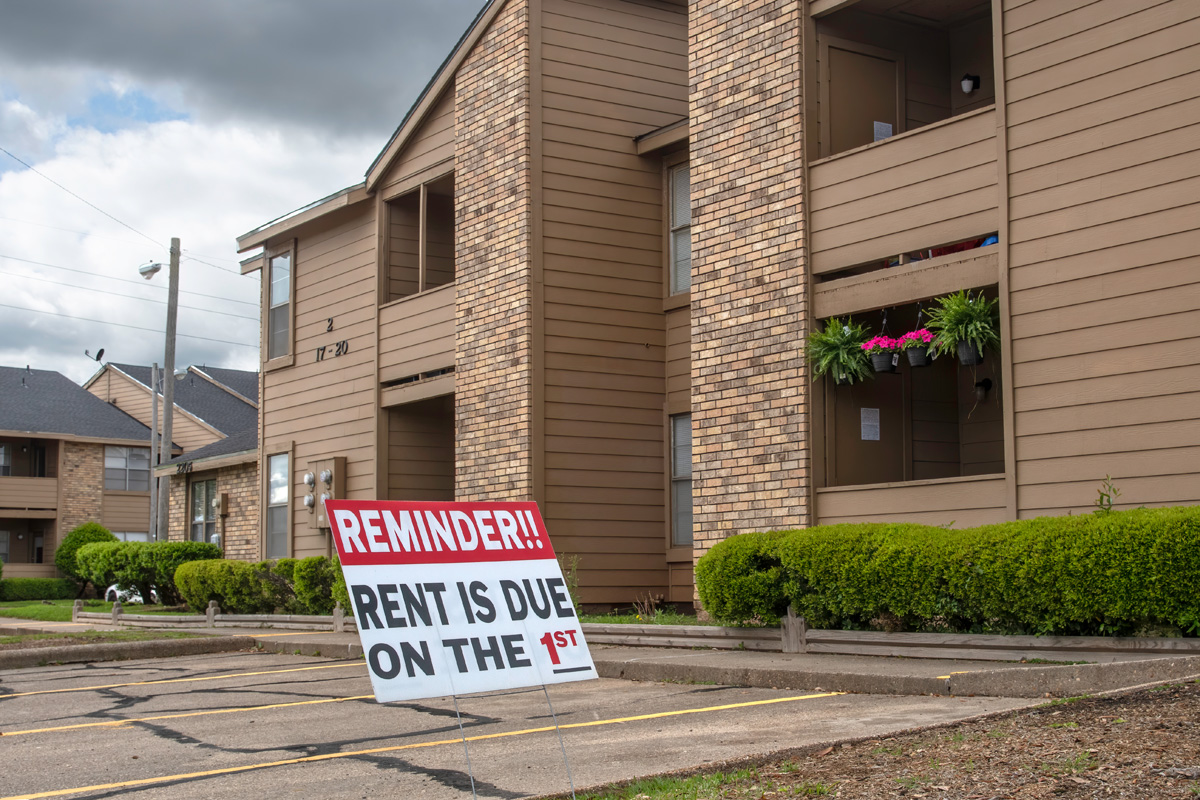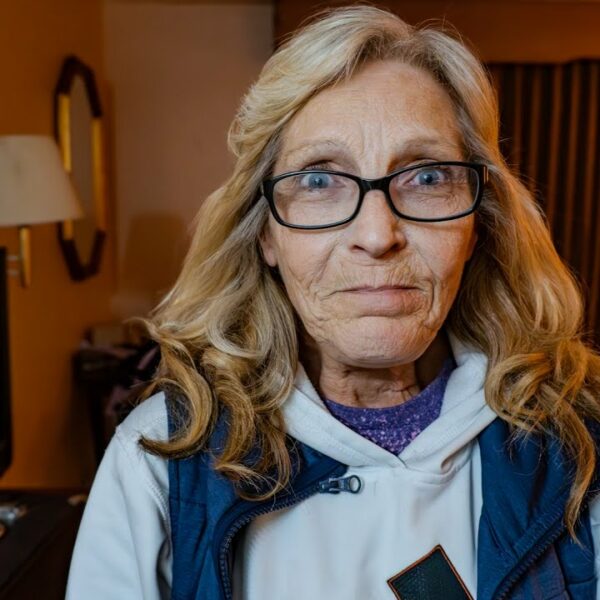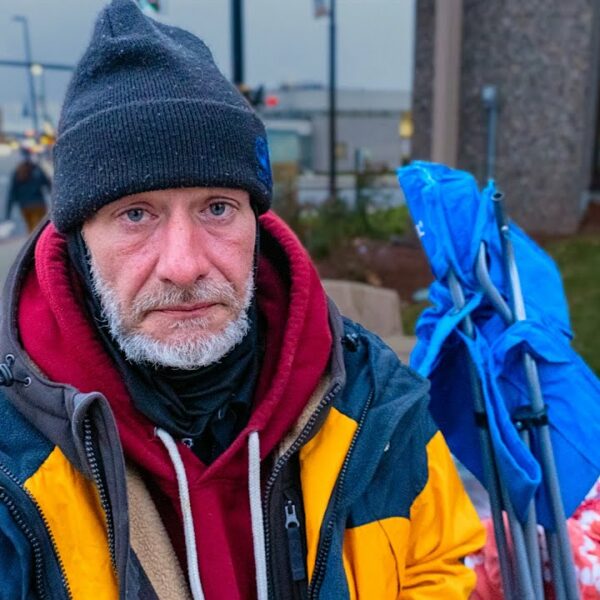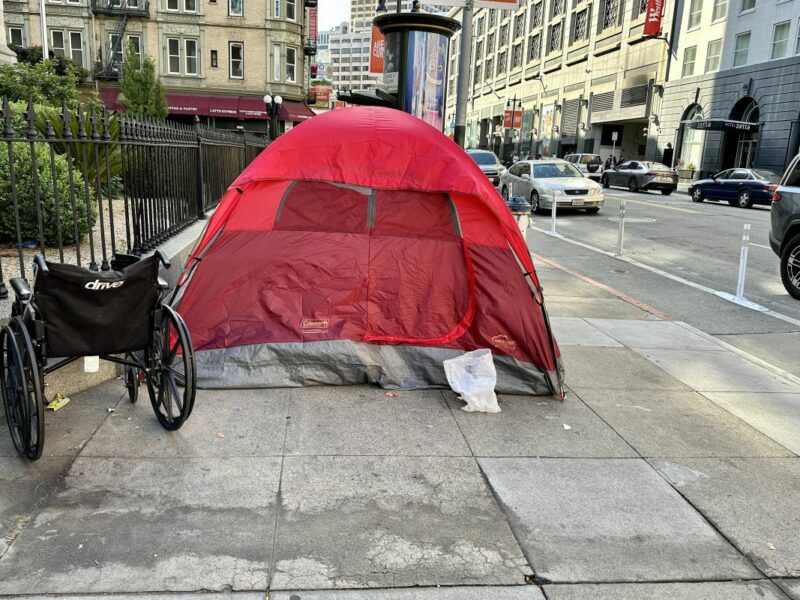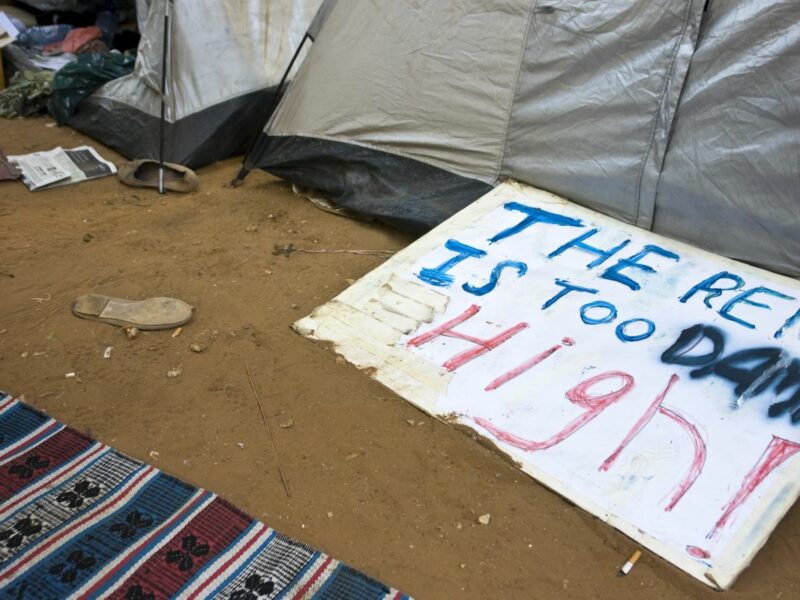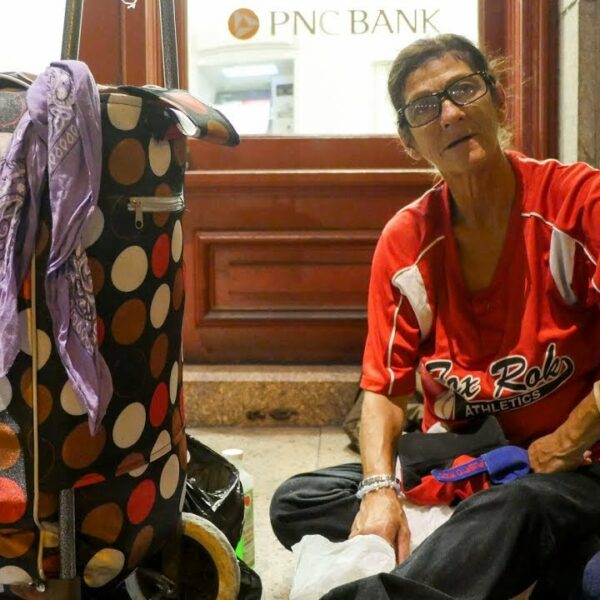Over the course of the ongoing pandemic, landlords have broken and/or bent many laws, giving way to unprecedented evictions.
Many such evictions could have been avoided through tenant and landlord education. In fact, noted legal expert Attorney General Keith Ellison claims that issues brought to his attention were usually resolved through phone calls. Still, some situations were a bit more severe, requiring eviction attorney involvement.
Overview of COVID- Specific Renter Information
According to the Minnesota Housing Association, in the wake of the COVID crisis, late payments attached to rent doubled, and, in some places, even tripled numbers from previous years. Meanwhile in Colorado, eviction defense attorneys anticipated a surplus exceeding 450,000 evictions statewide once moratoriums expired. Some call it a new economic crisis waiting to happen, mimicking the housing collapse that catapulted 2008’s recession. Government authorities have scrambled to fight back in order to avoid what the New York Times is calling an impending “Avalanche of Evictions”. Yet, even amid bipartisan support for rent freezes, some residents have still been left out in the cold.
Tactics Used to Intimidate Renters
Recently, the National Fair Housing Alliance reported a near 30% spike in complaints against landlords. In Chicago for example, calls regarding illegal lockouts doubled from the regional average between March and June of 2020. Despite knowing they are not permitted to evict for late or missed payments, some property owners have resorted to badgering tenants in order to get them to fork over cash they don’t have.
Some of the most commonly implemented harassment tactics include:
- Turning off electricity
- Shutting off heat and/or hot water
- Changing locks
- Showing the property to potential new renters or buyers
- Sending multiple harassing text messages
- Calling repeatedly requesting payments
- Making fake “repairs” that render essential appliances (like refrigerators, freezers, etc.) unusable
Other landlords have taken a different, but equally detrimental route by circulating false information. If your landlord has told you that once moratoriums are lifted, you will be required to pay back everything you owe in one lump sum, or if they stated that you don’t qualify for the national rent freeze, please know that both of those statements are lies.
Eviction Cases at a Time of Crisis
Below are just a few examples of illegal tactics that have been implemented as a way of intimidating renters into making payments for which they might not have the means. If these examples sound similar to something that has or is happening to you, then you might be a victim of self-help eviction. These types of evictions are often illegal as they are centered on harassment and disinformation and they violate one or more renter rights. Renter rights have always existed; but they have become more abundant throughout the pandemic, in an effort to flatten a different but equally important curve – the curve of homelessness.
Case 1: Heartless Landlord Shuts Off Services in Attempt to Evict Family with Toddler Who Suffers Multiple Health Conditions
Region: Rural Minnesota
The Situation: A couple with a four-year-old daughter who suffers from a host of medical conditions was targeted for eviction by their landlord despite their obvious vulnerability. In direct defiance of new COVID legislation, said landlord proceeded to shut off the couple’s electricity and even went so far as to attempt to show their property to other prospective renters while they were still inside. Such actions not only went against moratorium orders, but also put the already ill toddler’s health at increased risk. When the family refused to allow visitors to see the property they were currently still living in, further acts of cruelty ensued at the hands of the heartless landlord. Some of the worst actions included turning off the heat and water and henceforth exposing this vulnerable family to sub-freezing temperatures within their home.
As a result, the family was forced into shelter-in-place conditions that were virtually unlivable. These included:
- Not being able to cook
- Not being able to flush the toilet
- Freezing
- Not being able to conduct everyday activities that require electricity
According to official court documents, on April 3, 2020, Assistant Attorney General Katherine Kelly reached out to the landlord who responded by spewing profanity. To make matters worse, the landlord, a 77-year-old farm owner named Howard Mostad, admitted that the family was not even behind on their rent. His response to the criticism of his actions was to call the Coronavirus a “communist takeover” and to further refuse restoration of services.
Outcome: Services were restored and a temporary restraining order was placed against Mr. Howard Mostad. He currently faces approximately $25,000 in fines in addition to court fees.
Case 2: Mass Eviction Comes at a Very High Price for Major Real Estate Investment Firm
Region: Tacoma, Washington
The Situation: In direct violation of governor’s orders, a major real estate investment firm, The JRK Residential Group, which operates out of Nevada, issued at least 14 mid-virus eviction notices to residents in one of their Tacoma, Washington properties.
Outcome: This multi-billion dollar firm was forced to pay out over $300,000 directly to their tenants in refunds.
Note-worthy: Apparently, JRK Property Holdings attempted to carry out the ruse at other properties in California but later rescinded the eviction notices. Hopefully, this means they’ve learned a lesson.
Case 3: Landlord Refuses to Refill The Propane Tank For Tenants Who Have Fallen Behind Financially
Region: Rural Minnesota
The Situation: Yet another Minnesota-based landlord resorted to questionable tactics in an attempt to evict amid the crisis. In this instance, the landlord refused to refill the propane tank for tenants who had fallen behind financially leading them to not be able to cook. This affected not only them but the couple who lived upstairs. The uncaring landlord callously suggested they seek assistance from the state if they were unsatisfied with his refusal to provide propane.
Outcome: Services have been restored but further damages are sought.
Obstacles Renters Face
Due to international disaster, many renters are facing problems they never could have foreseen. Some of the most common concerns are as follows:
- Renters not knowing/understanding/having access to new laws designed to protect them
- Renters not knowing who to call if a landlord violates their rights
- Many agencies experiencing limited hours, causing delays for renters who seek legal knowledge or representation
- An air of uncertainty as moratoriums come to a close whilst tens of millions of Americans are still currently unemployed
Food for Thought: Landlords Have Bills to Pay Too
This post shows the ugly side of landlords abusing power. It’s important to remember however, that not all landlords are pulling plugs, cutting water supplies, and locking tenants out of their residencies. Most are too busy trying to pay their own bills so they themselves don’t end up stranded with no place to live.
In one recent exchange between landlord and renter, two open letters revealed that both families were struggling to make their bills. In a compelling post presented on the CNBC website, we learn that writer Mark Henick pleaded with his landlord when he found himself unable to pay that month’s rent. The landlord responded kindly and immediately began making financial accommodations. But he also explained that he was in the same boat, unable to make ends meet due to being a self-employed landlord. Here is an excerpt from that letter:
“the rent I collect barely even covers this property’s monthly expense. Honestly, I’m having financial difficulties, too — just like you and millions of other people…especially being self-employed as a realtor (and the real estate market got affected big time due to this COVID-19 pandemic).”
With moratoriums slowly lifting, it’s difficult to predict what will happen next. One thing is certain- housing is healthcare and we must find a way to make it available universally. Contact your local and nationwide representatives about extending moratoriums and relieving the financial burden placed on landlords as well.



